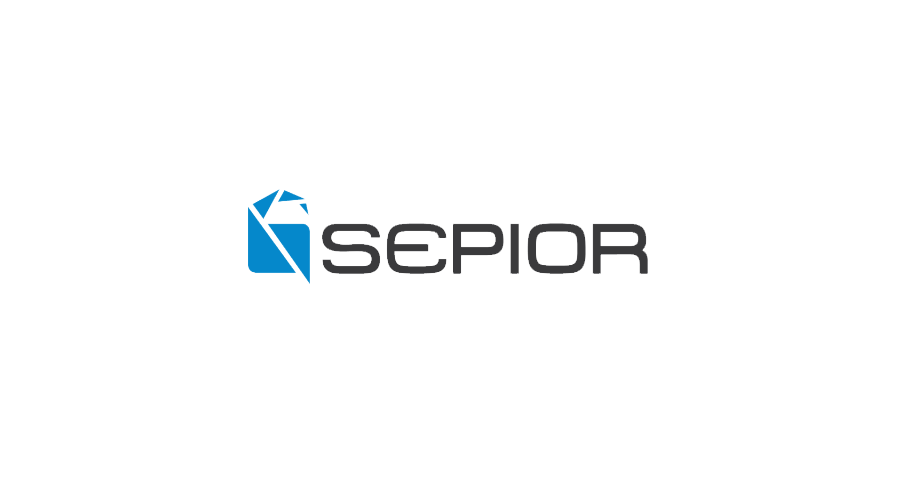Sepior ApS, a Denmark-based provider of threshold cryptography software today announced Sepior ThresholdSig, a new threshold signature wallet security technology based on threshold multiparty computation (MPC).
Sepior’s ThresholdSig is available for integration by cryptocurrency exchange providers and other institutional digital asset traders seeking to offer the most secure cryptocurrency exchange and wallet services available, with the highest blockchain transaction efficiency. Sepior ThresholdSig has already been licensed by the leading Japanese financial services firm, SBI Group, to secure the online contents and transactions on SBI’s Virtual Currencies exchange platform, VCTRADE.
The wallet holder benefits from the highest available security where multiple parties must approve each transaction using a key that never exists in whole on any device, making it practically impossible to steal. The exchange provider benefits from the best available security for their customers and their own wallet which may hold large amounts of digital assets during the settlement process, as well as compelling operational benefits resulting from off-chain policy administration.
“We’re really excited to bring the industry’s first thresholdsig wallet security technology to market. The cryptocurrency market is rapidly evolving, transitioning from the early adopter phase of highly risk-tolerant, tech-savvy individuals to exploding interest by the mainstream institutional investor market. This market, and the exchanges and wallet providers who serve them, require the best available security, and we know that Sepior ThresholdSig is the perfect solution.”
MultiSig is the current alternative for multiple parties to approve cryptocurrency transactions, however, it uses a separate private key for each party, and multiple key addresses are recorded with the transaction. This multi-key, multi-signature model may result in larger transaction sizes and can reduce the number of MultiSig transactions to as few as half the number of ThresholdSig transactions per block. Bitcoin transaction processing is already at or approaching capacity limits, so transaction density efficiency is an important attribute.
